Interview with an Acquiring Editor - Part 1
As literary agents, we demand a lot out of our authors as they’re putting together their proposals. Our job is to make sure we present all the information publishers need to make a decision to publish our clients’ books. Editors do a lot more than simply decide to publish a book and then edit the manuscript, so we decided to interview a few of the best in the industry so you can hear directly from them.
First, here are their quick bios.
Stephanie Smith is committed to partnering with authors to bring fresh, forward-thinking ideas to life to serve the church today through her role as acquisitions editor at Zondervan. She lives with her husband in Michigan, where she is pursuing her masters in theology at Western Theological Seminary in addition to editorial work. Find her on Twitter at @heystephsmith and join her monthly email newsletter for writers aiming to find their angle, write like they mean it, and do it in style at www.slantletter.com.
Chad Allen is editorial director for Baker Books, a division of Baker Publishing Group, where he has worked for over a decade. Chad is the author of Do Your Art and the creator of the Book Proposal Academy. Chad holds a B.A. in English from the University of Nebraska-Lincoln and an M.A. in Theology from the University of Notre Dame. He and his wife, Alyssa, live with their two children in Grand Rapids, Michigan. Hear more from Chad on his blog or by following him on Facebook and Twitter at @chadrallen.
Jessica Wong is the senior acquisitions editor at Nelson Books. She has worked closely with a number of bestselling authors to sharpen and develop their content. She holds a B.A. in English linguistics and is also an alumnus of the Yale Publishing Course. Her passion is providing a guiding hand to authors with eternal and truly impactful messages in order to help them reach and touch as many lives as possible.
Second, here is how they found themselves in publishing. Whether always knowing you were made for it, falling into and deciding to never leave, or being attracted to it from the other side, the journey into this magnetic business is telling.
SMITH: I started out on the opposite side of the printer in book publicity. While I had always aspired to join editorial, I am so glad to have had the opportunity in PR to gain the skills needed to identify what media wants in a story and headline. I use these skills every day in a retroactive way, as I review proposals and mine book concepts for just the right hook to get people talking. The trick is to work in a strong angle from the very beginning of the book’s development, and a PR eye is helpful in this.
Transitioning from publicity, I joined the team at RELEVANT magazine as an editor and led efforts to revamp the web editorial strategy. The beauty of digital publishing is that it affords you the opportunity to tap into whatever conversation is trending right now (this doesn’t work so well in book publishing, which is a much longer process!). Success starts with listening—in real-time—to what readers are hungry for: what articles they’re responding to, what they’re sharing, what conversations they’re having, what questions they’re wrestling with. It’s a live experiment every day, and it’s rewarding to go out and create the content that they most need.
The beauty of book publishing, in a different way, is that you have the luxury of time to go long and deep with a concept. The journey is a long and rewarding one, and I am drawn to it because I have been so shaped and sustained by books in my own life. Most of all, I get to be in the journey with such great company! The best part about my job is working with authors and partnering with them to bring their ideas to life at the brightest they can be. It’s a privilege to pour so much into books that in turn pour so much life into readers.
ALLEN: I was exposed to the publishing process when back in the late nineties I worked with Douglas Gresham, general consultant to C. S. Pte Ltd, the company that owns the rights to C.S. Lewis’s work. All the new editions, compilations, and abridgments of Lewis’s work went by Gresham’s desk. So suddenly I was plunged into the world of galleys and proofs and all the guts of making a book. I remember Gresham asking for my input, and I was immediately hooked.
What I saw among other things is that publishers carry this enormous burden and honor of influencing the final shape and content of a book. It’s astonishing, isn’t it, that we get to have a hand in the making of a book—an idea bomb (general nonfiction), a life-changing story (memoir), a potential miracle in someone’s life (self-help)—that will go out to thousands, sometimes millions of readers? That mesmerized me. Still does.
WONG: I was the child simultaneously enrolled in multiple library summer reading programs who mastered the art of reading while walking during recess. I decided in fourth grade that I wanted to be an editor when I grew up and asked all my teachers along the way how to get there. After graduating from college, I attended the University of Denver Publishing Institute and, shortly thereafter, got my first job in publishing at Thomas Nelson. Since then, I’ve spent time at Howard Books, the Christian imprint of Simon & Schuster, graduated from the Yale Publishing Course, and returned to join the team at Nelson Books.
Check back next week, as Stephanie, Chad, and Jessica answer the questions you want to know as you’re crafting your book proposal.




